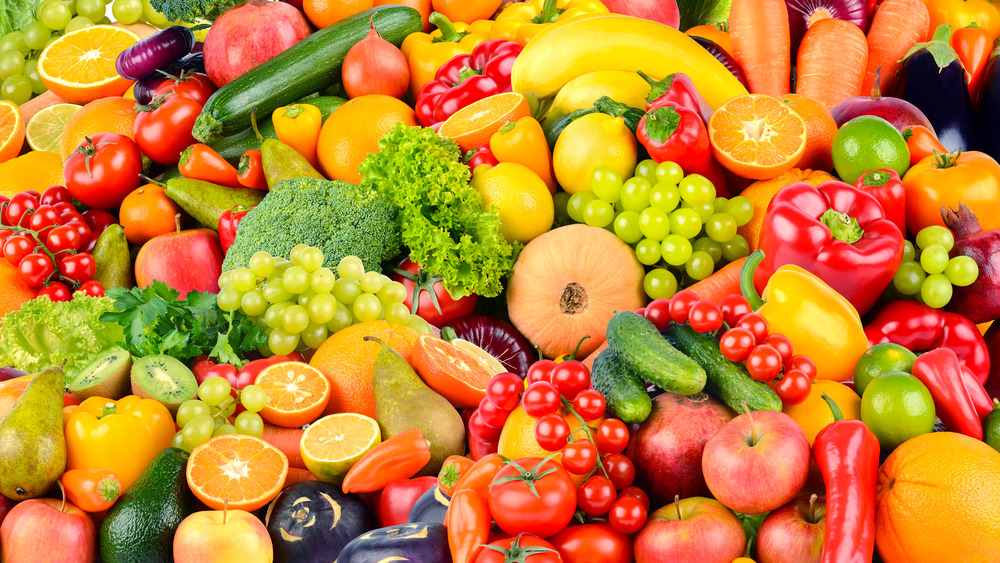What Makes Organic Food So Concerning
To many of us, the words "healthy" and "organic" are synonymous. If you are going to stand up to the temptations of Oreos and pizza, and decide instead that you want wholesome, nutritious food, you are likely keeping an eye out for that "organic" label.
But there is a problem with that logic, according to Toby Amidor, MS, RD, CDN, FAND, award-winning nutrition expert and author of the best-selling The Best 3-Ingredient Cookbook. In an interview with Mashed, Amidor explained what the term "organic" actually means — and how we are not doing ourselves any favors by assuming that items labeled as organic are actually good for us. "Research shows that there is no nutritional difference between organic and conventional foods," Amidor said. "When it comes to organic versus conventional convenience or processed food, a cookie is a cookie. Whether you choose to eat the organic or conventional version, the empty calories and lack of nutrition are in both."
So if you gave up Oreos and Papa John's for baked goods at Whole Foods and an Amy's Kitchen Margherita pie, that food swap was not necessarily a dietary upgrade!
Expert says the 'organic' label might drive people away from eating fruit and vegetables
It might not exactly be breaking news that cookies and pizza — even organic ones — are not the healthiest options out there. But the halo effect of the term "organic" can have more concerning effects than simply green-lighting processed foods we would be better off approaching with more caution. According to nutrition expert Toby Amidor, there is nothing nutritionally inferior about non-organic fruits and vegetables, which are more affordable than ones that do have this label. "When it comes to organic versus conventional produce, the nutrient density varies based on numerous factors, including weather conditions and state of ripeness — not whether it's organic or conventionally grown," she explained.
Why is this an issue? Because many people who cannot afford organic produce aren't eating any fruits and vegetables! Amidor pointed to a 2016 study which found that low-income shoppers were concerned that non-organic produce was unhealthy, and so they were skipping this food group entirely. "Study after study has shown the benefits of fruit and vegetable consumption. So whether folks are choosing organic, conventional, ugly or local produce, they're far better off than eating none at all," Amidor explained, adding that 85 percent of Americans do not meet the recommendations for daily fruit intake, while 90 percent do not meet the recommendations for daily vegetable intake. "Within this battle of organic versus conventional, this message is lost," she added, "and the public is left confused."

